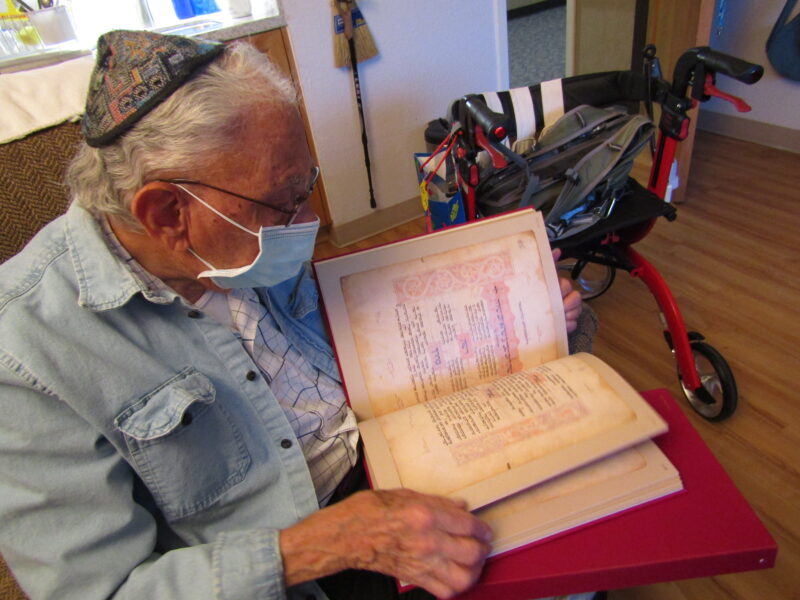In an article in Smart Money magazine, author Glenn Ruffenach made the point that the advisor who got you to retirement is very often not the specialist you’ll need to get you through retirement.
When we were in our 30s, 40s and 50s, an advisor’s mission was to get us to our target retirement date by growing our retirement savings subject to risk, primarily in the stock market. When the market grew, we benefitted fully from that advance. When the market retreated, we were reminded that we were long-term investors with a 20+ year time horizon, and that we should remain invested “for the long term, because most at- tempts at timing the market are unsuccessful.” It was understood that our time in was more important than our timing. During these decades, we also remained active contributors to our accounts at work, and those 401(k)s and SEP-IRAs benefitted from continual feeding and ongoing investment. Any non-qual- ified (non-IRA) investment accounts we had also benefitted by the reinvestment (rather than the taking) of dividends, as the flattering market history charts on the walls of our stock broker’s office just naturally assumed.
If you’ve arrived at your 60s with financial scar tissue still visi- ble all over your disfigured retirement accounts, you’re not alone. The last 13 years have devastated many investors, even as they poured precious assets into the sieve that was Wall Street from 2000-2013. You understand that now is the time to emphasize preserving – more than or at least as much as growing – your accounts, for you and your spouse, as well as any legacy you hope to leave your children. As such, you now believe that the majority of your holdings should be in safe, guaranteed instruments, with a minority share remaining in a conservatively managed, and well-diversified equities account.
But herein lies the rub: The advisor who handles this now-smaller piece often doesn’t have the training, perspective or skill set and expertise to also handle the larger, safety-focused piece. As a revealing study in Financial Planning magazine recently showed, most risk-based advisors are woefully out of touch with the primary goals of their retired clients: When clients were asked what their top concern was, 86.6% said “losing their wealth.” When their advisors were asked the same question, only 15.4% believed “losing their wealth” was the most important issue to those clients. The investment charts used by these advisors still assume reinvested dividends – even though you and most of your friends have begun enjoying that dividend income in retirement – ren- dering those charts misrepresentative of your market experience and goals. (Incidentally, those charts also don’t include fees, expenses, taxes or inflation.)
Their time-worn clichés still roll off their advisors’ lips like compliance disclaimers (“past history is no guarantee of future performance”), even as you and your spouse yearn for non-legalese, plain-spoken, common-sense candor in plain English, and the approach and product recom- mendations that should accompany it. He/she “can’t guarantee” at precisely the stage in life where you want guarantees – guar- antees against market losses, accompanied by tax advantages, leverage for heirs and reasonable rates of return. You don’t care if you never hit another home run again – and you’d be happy hit- ting singles, doubles and the occasional triple – but you simply can’t afford to lose the game swinging for the fences any more.
In the same way that many of us have a dentist and an orthodontist, a tax preparer and an estate planning attorney, a primary care physician and a specialist (oncologist, cardiologist, etc.) based on past treatment history – so too should we have two financial advisors: a growth money manager whose special- ties are risk-based, and a safe-money advisor who specializes in guarantees, income-planning, wealth transfer, long-term care planning and reasonable rates of return on your money. And this brings me to my final point, and it’s an important one: If either of these two advisors are unwilling to work together on your be- half (like doctors sharing treatment regimens out of professional courtesy), you should seriously consider finding a replacement for that person. Specialties should be respected, not disparaged, especially when one is dealing with monies that it’s taken one’s client 40 years to save. After all, it’s not their money, it’s yours.
Thomas K. Brueckner, CLTC, is founder, president and CEO of Strategic aAsset Conservation in Scottsdale, AZ, and was a 2011 National Finalist for SMA’s Advisor of the Year. He may be reached at 480-661- 6800 or online at go2knight.com.





